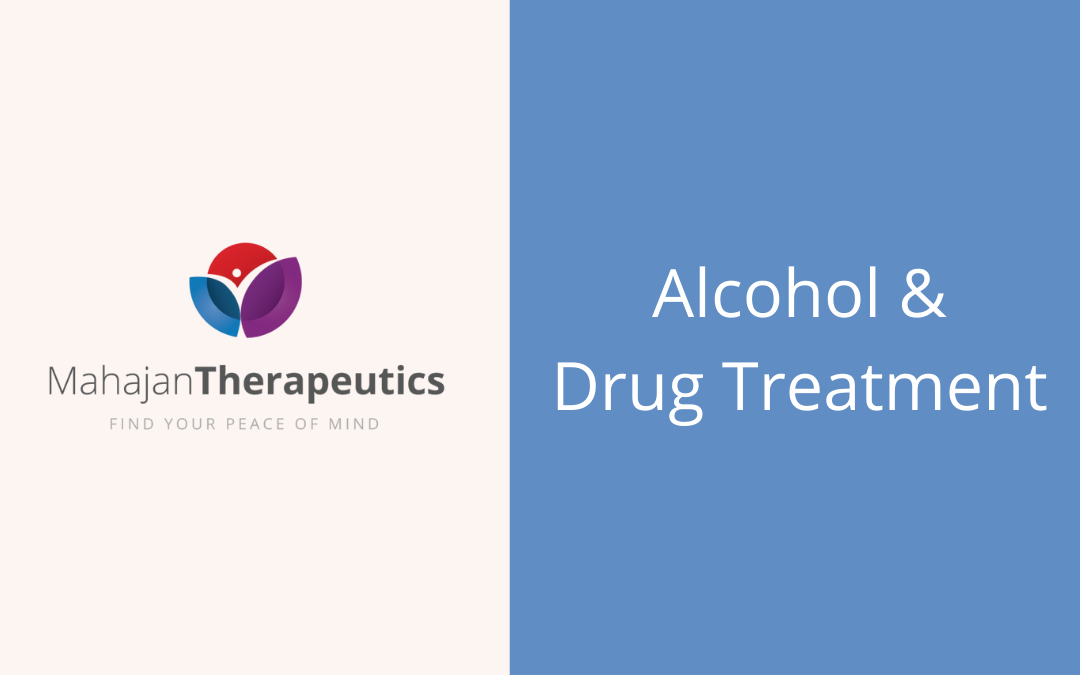Recovery is multidimensional and unique for every person. Here at Mahajan Therapeutics, we use the ASAM Criteria to craft custom treatment plans and support individual recovery every step of the way.
However, just because recovery isn’t one-size-fits-all doesn’t mean there aren’t common threads that connect recovery experiences from one person to the next. For decades, Alcoholics Anonymous (AA) and Narcotics Anonymous (NA) have shared universal wisdom to unlock sobriety for millions of people, including these three profound but simple concepts.
- ODAAT – Take it One Day At A Time.
Any problem can be solved if we break it down into pieces. This is the essence of ODAAT.
ODAAT is a reminder to stay in the present, alleviating the pressure of worrying about the future or stewing in the past, by focusing on the present moment. ODAAT is a healthy approach for all parts of life but can be especially helpful during the waves of emotions that can come with new sobriety.
Living ODAAT takes practice and time. Ways to achieve this grounded state can include…
- Being actively grateful
- Exercising and meditating (even in small amounts)
- Healthy eating
- Helping others
- Learning something new
Celebrating successes, no matter how small, is part of it, too. Focusing on one problem or one day at a time grants a sense of achievement with every problem solved and every day spent sober.
- HALT when you are Hungry, Angry, Lonely, or Tired.
Relapse is most likely to occur when a person is experiencing discomfort due to hunger, angry thoughts, feelings of loneliness or disconnection, or fatigue. Instead of reaching for a drink or drug to escape, it’s surprising how much stress can be alleviated with…
- A snack
- A deep-breathing exercise
- Texts with a friend or sponsor
- Taking a 15-minute break
Focusing on self-awareness can help identify when a craving stems from one of these common triggers. It’s important to prepare for success by eating healthy food and carrying snacks, knowing the phone numbers of sponsors and friends, and learning to ask for a break to reset.
Can preventing relapse really be as simple as eating a good breakfast or sneaking away for a catnap? Studies say yes. Sometimes small redirects throughout the day make the difference.
- SLIP – Sobriety is Losing Its Priority. It’s time to reflect and reset.
A relapse starts before the return to an addictive substance; it starts when someone begins to less actively prioritize sobriety. Signs might include avoiding meetings and sponsors, nostalgia for times under the influence, and reconnection with friends and places associated with addiction.
Acknowledging the signs of SLIP is a great way to stay on track with recovery. This is an opportunity to reflect on what’s causing the shift. It’s a signal to recommit to habits that elevate mood, health, and commitment to sobriety, such as…
- Reaching out for support
- Making time for exercise and good nutrition
- Attending meetings
- Connecting with a sponsor
- Seeking professional help
Here at Mahajan, we support every phase of the recovery process. Contact us today to prioritize your own progress.





Recent Comments